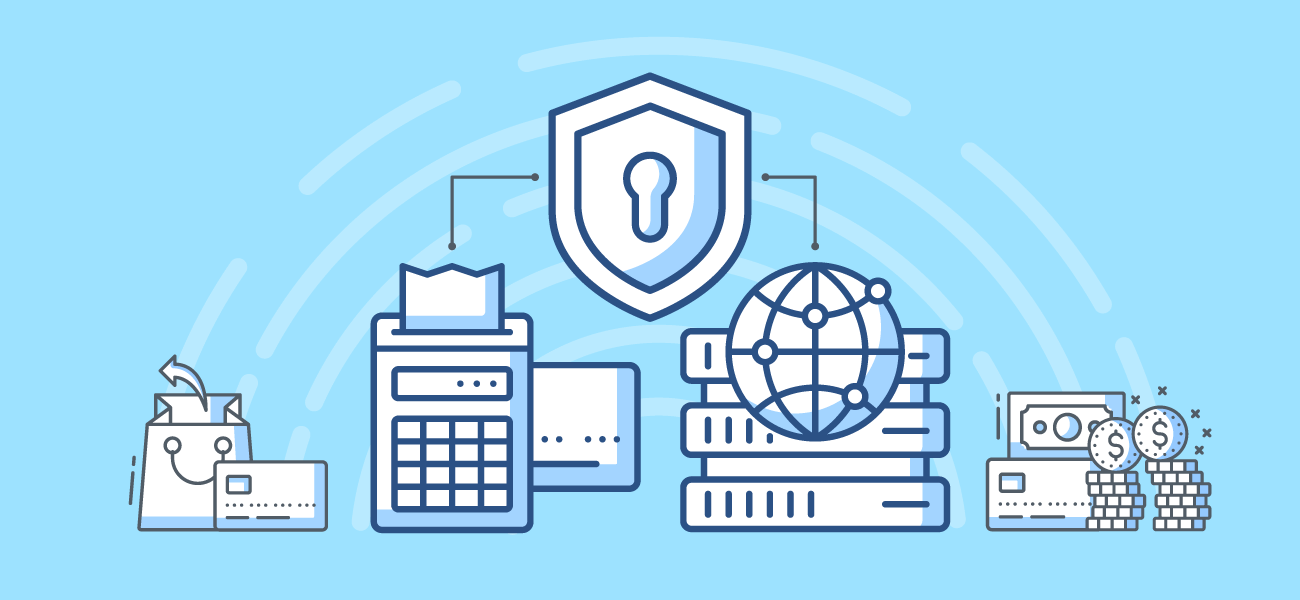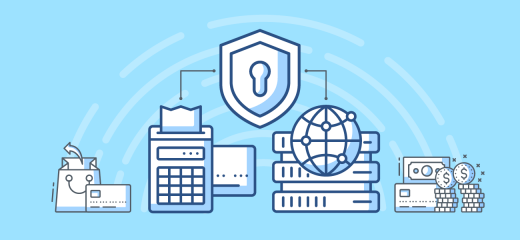An Overview of Visa Purchase Return Authorization

New purchase return authorization requirements introduced by Visa in 2019 to merchants in the US and Canada were rolled out in Europe in April 2020. What does it mean for your business?
Purchase return authorizations are returns that are processed similarly to a random purchase transaction. This mandate requires merchants to process a purchase return for each return.
The main reason behind Visa’s mandate was to better inform cardholders, merchants, and issuers. Now, cardholders receive an immediate update on whether their return has been processed, so this should reduce the number of chargebacks.
The details of Visa purchase return authorization
Based on the new requirements, when a cardholder requests a refund, the merchant sends a purchase return authorization request to the acquirer. Then, the acquirer sends the details to the Visa Network and is then passed to the issuer. The last step is posting a “pending” notification and credit amount to the cardholder’s account.
Previously, when a return was processed, the cardholder was unable to see the details until the settlement (and it usually took about 48 hours). Now, the authorization message is passed from the merchant to the cardholder’s issuer in real-time, so the cardholder is aware of their refund status. Such a message is intended to advance the return process and improve customer satisfaction.
What it means to your business
When a cardholder requests a refund or wants to return a product, the merchant will receive an approve or decline response. When the refund is approved, the customer will see the transaction in their online account in real-time. This solution aims to reduce the number of disputes, saving you money, and not affecting your merchant account.
It’s good for merchants because impatient cardholders who don’t know what happened with their returns tend to file chargebacks. As a result, the merchant ends up losing double the transaction amount and has to submit proof to the bank that they have issued a refund. You should also receive fewer inquiries about the status of refunds, so you will have more time to focus on your business.
The issuer’s roles
The new mandate enables the card issuer to validate the cardholder’s account. If there’s a fraud attempt, or if the account doesn’t exist (for instance, because it has been closed), you won’t lose money.
Valid responses to a purchase return authorization request are “Approve,” “No reason to decline,” and “Decline” There are various reasons why a request may be declined:
The card is compromised due to past fraudulent use
The card is marked as lost or stolen
The cardholder placed the card on hold
The cardholder’s account has expired, was closed, or didn’t exist.
Checking for closed or fraudulent accounts is meant to minimize returns and improve the cardholder experience by instantly displaying a credit update. If the account doesn’t exist, has been closed, or has been declined, the cardholder can’t issue a chargeback.
Note that if the merchant fails to obtain authorization, the issuer will initiate a chargeback on return transactions.
If the return is declined because the card is expired or has become invalid, the Visa guidelines for merchants note that you can post the refund to an alternative Visa card or refund the charge using other methods. But before you do, always review the decline reason code to evaluate what actions to take—you may be liable for potential chargebacks or fraud.
Wrapping up
As you can see, with the Visa authorization requirement for cardholder refunds, merchants authorize returns the same way as a regular purchase. The main purpose of Visa introducing this mandate is to drive transparency, increasing the visibility of pending refunds and minimizing fraud attempts and the risk of chargebacks.
What’s important here is that as of July 2020, there will be a penalty for merchants who don’t submit authorization for refunds (the issuer will be able to file a chargeback). If you work with a payment processing company, it probably handles this work for you, but ask your payment provider for details to make sure you have it in place.
Business & Finance Articles on Business 2 Community
(16)


